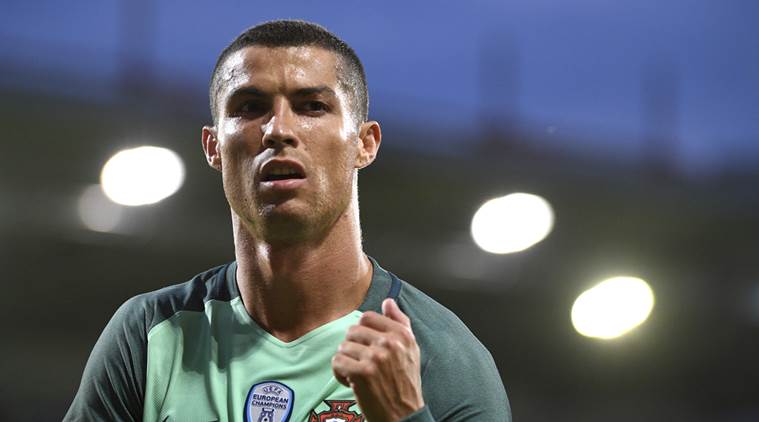The biggest transfer coup of the summer? Surely, it is the arrival of Lionel Messi in the United States. The Argentinian, considered by many to be the greatest soccer player in history, has joined Inter Miami, quickly demonstrating what all the fuss was about to American audiences. Messi’s transfer deal was part of a huge financial package, and it should not go unnoticed that Inter Miami – with the backing of Apple and Adidas – were able to afford Messi when the powerhouse FC Barcelona could not.
And yet, as the new season begins in Europe, all the talk is not of losing Messi to the United States. Instead, the clubs are looking eastwards at Saudi Arabia. The oil-rich country was never considered a sporting powerhouse. However, it has decided it wants to be one – and quickly. Saudi clubs have been tempting players over with astronomical wages – and inflated fees for their parent clubs. Cristiano Ronaldo, with whom much of the debate over the greatest was shared with Messi, opened the floodgates last year after leaving Manchester United for Saudi Pro League club Al Nassr. Others, like Balon d’Or winner Karim Benzema and Liverpool captain Jordan Henderson, have followed this summer.
Europe still has the best players – for now
Now, it’s worth noting that the majority of players (but certainly not all) who have left European clubs for Saudi are coming towards the end of their careers. Most are in their mid to late thirties, and they would be unlikely to get such large contracts anywhere else. It remains the case that the highest concentration of the world’s best players remains in Europe. But for how long? That’s a question that is starting to be asked, and the answer isn’t clear.
As the new season begins, with a glance at the sports betting odds for the various league titles and Champions League, we can see the names of the biggest of Europe: Manchester City and United, Liverpool, FC Barcelona, Real Madrid, Bayern Munich and Paris Saint Germain. The majority of those clubs can – and already have – matched Saudi in terms of pulling power. Sure, someone may get $250,000 per week for playing at Manchester City and have their head turned by an offer of $500K in Saudi. But what the big teams can’t match in terms of wages, they make up for in terms of prestige.
Mbappé wants to play in the Champions League
Perhaps the best example of the above is the tale of Kyliann Mbappé. The French striker is arguably regarded as the best player not called Messi or Ronaldo in world soccer, and at just 24 years old with a decade at the top ahead of him, he is all the more coveted. He has vowed to leave Paris Saint Germain this summer, an announcement that triggered a bid from Saudi club Al Hilal. Despite the enormous salary offered (wages around $15 million per week), Mbappé declined to even enter talks with the club. It seems he wants to play for Real Madrid, even if he will only earn a fraction of the salary.

But while the prestige clubs will always have an allure, it is at the other levels of European soccer where the pinch may be felt. In Spain’s La Liga, at one time considered the strongest division in Europe, the summer has been eerily quiet in terms of transfer spending. Real Madrid aside, many of the clubs have been forced to rely on low-key signings and free transfers. Much of this is due to financial regulations, with Spanish soccer authorities getting tough on how much clubs can spend relative to their operating income. Indeed, perhaps the most surprising transfer of the summer was seen in Sergio Canales’ move from La Liga club Real Betis to Mexican club CF Monterrey. It is perhaps a sign of the times that a Mexcian club can outmuscle a highly-placed La Liga team for its best players.
While alarm bells aren’t exactly ringing across Europe, many clubs are clearly anxious. Remember, it is only less than a year since Ronaldo went to Saudi, and the cash-rich Pro League will be planning for the long term. We have seen with the advent of LIV Golf that the Saudis are keen to pump billions into sports projects, and this may not be a flash in the pan. The prestige and glory of club soccer remains in Europe in the Champions League, the competition where everyone wants to play. But money talks in sports, and the Saudi clubs seem to have unlimited amounts of it.





